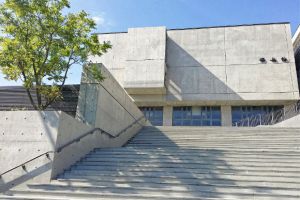- About DILA
- Administration
- Academics
- Admissions
- Financial Aid
- Libraries
- News Center


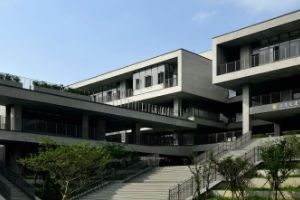
About DILA
關於法鼓文理學院
Campus Environment
Continuing Education Center (Degui Campus)

Continuing Education Center (Degui Campus)
Origin
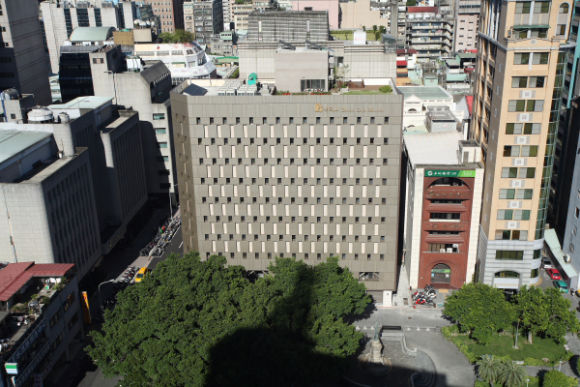
Philosophy and Implementation
- Manifesting the School’s Vision Through Spatial Planning The institute’s educational spirit finds expression in the building’s unique space planning concept: the Wushi Speaking Hall on the sixth floor and the Wujin Speaking Hall on the seventh floor embody the saying "Not a single thing (wushi) in one’s mind, not a single thing left undone," revealing the boundless vow of “generating a vow without end (wujin), performing works without end.” The Suixue Hall on the eighth floor expresses the attitude of being able to learn (xue) at anytime (suishi), anywhere (suichu), and in any circumstance (suishi), laying the foundation for future facilities. On the sixth floor, the Shifang Room conveys gratitude for all the support gathered from the ten directions (shifang) while the Beizhi and Hejing Rooms are named after the school motto of “Compassion, Wisdom, Harmony, Respect” (beizhihejing).
- Energy Saving and Carbon Reduction, Beginning With Oneself The campus’ old building was renovated to extend its lifetime. Renovation replaces reconstruction to reduce construction waste. In order to improve energy efficiency and enhance earthquake resistance, the Degui building has had its overall structure strengthened so that the building can meet the new needs and continue to operate for more than 20 years. New equipment include window ventilation to prevent sun exposition, roof greening to prevent heat, lighting upgrade, energy-saving air conditioners, waterless cooling devices, environmental control systems and office e-systems, etc.
- Daily Life Practice Implementing the concept of environmental protection in daily life in 100 ways to save energy and reduce carbon, including electronic electricity meter, water meter, assessment and review of electricity and water consumption, double elevator wheel usage outside peak hours, etc.
Space Presentation
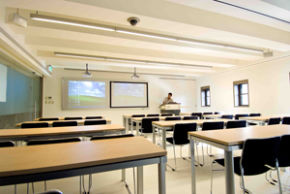
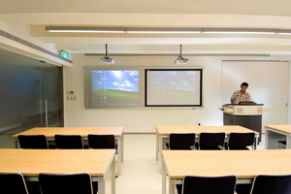
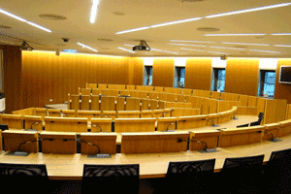
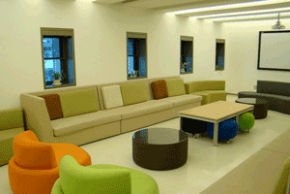
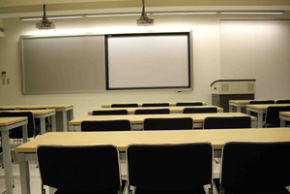
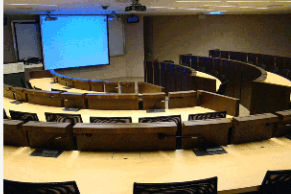
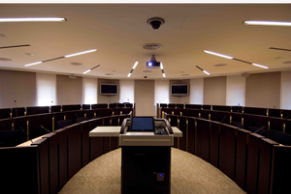
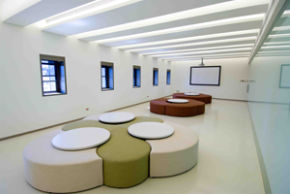




 Founder
Founder